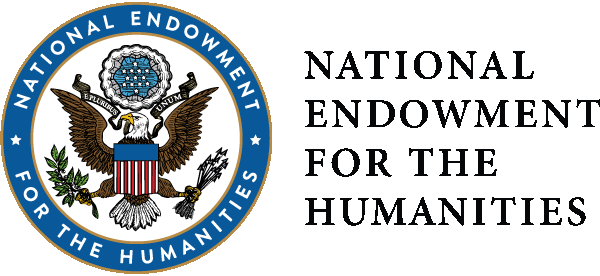Eugene Boyle
Eugene Boyle
Father Eugene Boyle speaks at a rally at the capitol during the march to Sacramento on April 10, 1966. Photo by John Kouns.
Eugene Boyle, born in San Francisco in 1921, was ordained to the priesthood in 1946 after completing his studies at St. Joseph’s College Seminary. In 1956, he was appointed to the Archdiocesan Mission Band. In 1962, while he was serving as director of the Vallombrosa Retreat Center for Women, he became involved, as a chaplain, with the Catholic Interracial Council (CIC) of San Francisco, which addressed the Black struggle for equal rights, organized lectures on racial issues, and combated racial stereotyping.
In September 1963, following the tragic attack on the Sixteenth Street Baptist Church in Birmingham, Boyle delivered a City Hall speech, advocating for a renewed clerical activism. He urged the Church and clergy to redefine their societal roles, emphasizing the importance of Christians actively contributing to the world’s “renovation”. In 1964, Boyle became chairman of the Archdiocesan Social Justice Commission, working with the CIC to oppose Proposition 14, which allowed real estate sellers to discriminate against Black individuals denying them the right to property. Despite their efforts, Proposition 14 passed, although it was later found unconstitutional by California’s Supreme Court.
In 1965, Boyle supported Martin Luther King’s protest in Selma, Alabama. He also joined César Chávez in the march from Delano to Sacramento, advocating for farmworkers. He learned to fly so he could quickly fly to anywhere in California to join picket lines, rallies, marches, fasts, demonstrations, and Masses. He officiated mass in the last day of César Chavez’s first fasting in 1968. Boyle taught the Social Action Seminar at St. Patrick College Seminary but faced opposition from Archbishop McGucken due to his vision of modern priesthood and training that McGucken thought to be too political.
Father Eugene Boyle (foreground) and Beto Reyes (behind Boyle wearing hat) walk with others during the march to Sacramento, 1966. Photo by John Kouns.
Father Eugene Boyle offers the sacrament of communion to César Chávez, Delano, March 10, 1968. Photo by John Kouns.
The Little Kerner Report further intensified this opinion because it portrayed a racial crisis in San Francisco. It highlighted the need for improved police-community relations and identified instances of racism perpetuated by churches and synagogues. Less than two months after the Little Kerner Report, Boyle became pastor of Sacred Heart parish in San Francisco and supported the Black Panthers’ Breakfast Program for Children, offering space in the parish’s basement in the Fillmore district in San Francisco.
Soon after he faced false accusations of using the program to indoctrinate children in violence by distributing the Black Panther Coloring Book, accusations which were later proven to be a setup by the FBI. These events, however, undermined Boyle’s credibility in McGucken’s view, leading to the cancellation of the Social Action Seminar. Boyle later became Director of Peace and Justice in Chicago and Director of Field Education in Berkeley. In 2000, Pope Saint John Paul II honored him with the title of Monsignor.
Tom & Ethel Bradley Center
California State University, Northridge
18111 Nordhoff Street, Northridge, CA 91330
Phone: (818) 677-1200 / Contact Us

